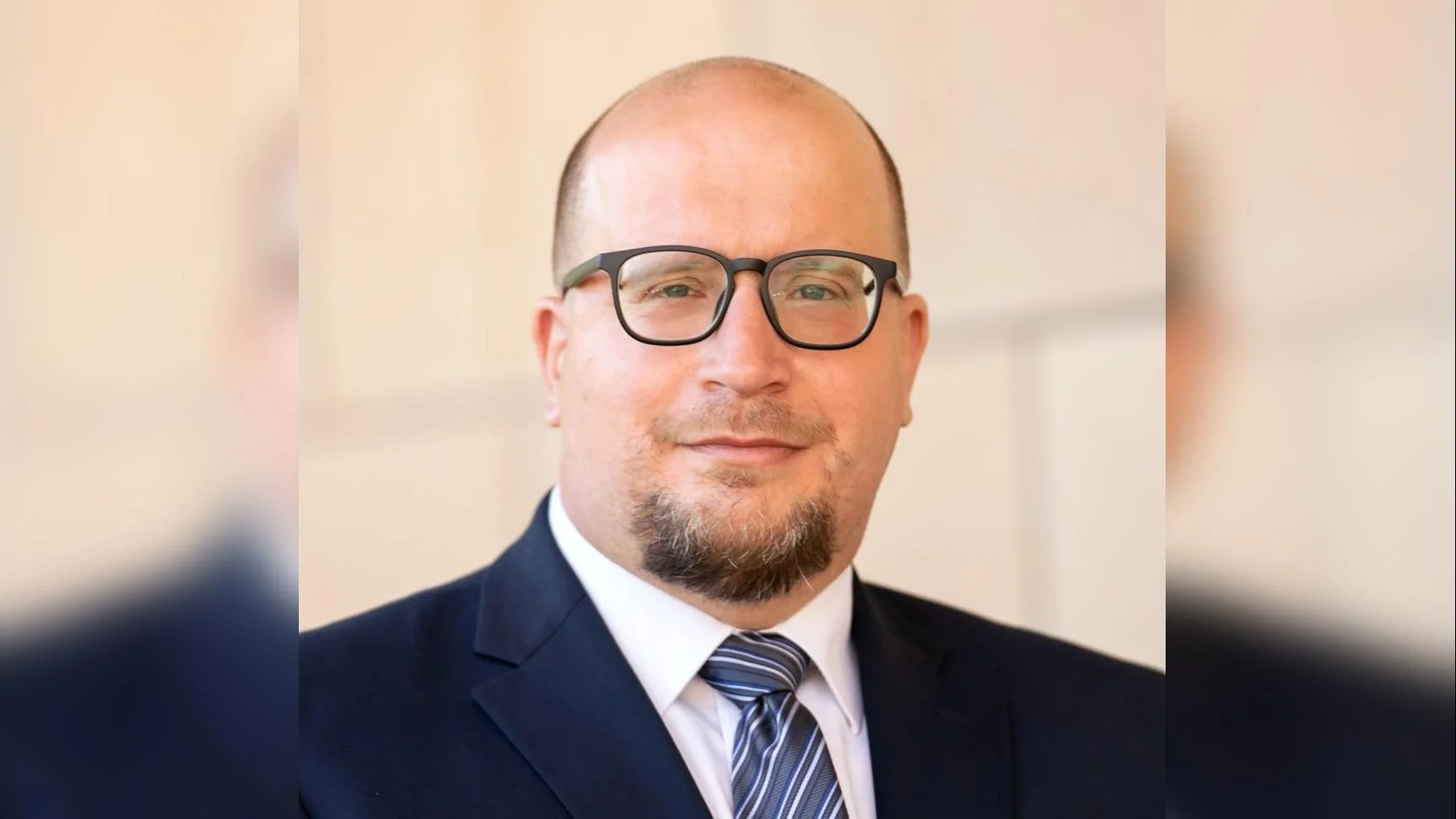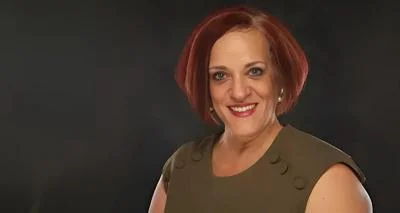Jay Robaidek Senior Vice President, External Affairs | U. of Wisconsin Hospital and Clinics
Jay Robaidek Senior Vice President, External Affairs | U. of Wisconsin Hospital and Clinics
Steve Cho, MD, is focusing on enhancing precision cancer treatments that effectively target tumors that have metastasized. As a nuclear medicine specialist at UW Health | Carbone Cancer Center, Cho uses radioactive drugs to treat cancer patients by targeting and destroying cancer cells. He is actively involved in research within the theranostics field, which combines therapy and diagnostics to address advanced-stage cancers through imaging technology and targeted therapies.
Cho explains the historical context of theranostics: “Dating back to the 1930s and also under the ‘Atoms for Peace’ program in the 1950s, people started to figure out how to use radioactivity, not to harm patients, but to be able to treat patients. [Theranostics] has been around for quite a bit of time, starting with radioactive iodine for thyroid cancer,” he said. “There's really nothing new under the sun; it’s just a new term, although the technology has improved significantly.”
Theranostics involves using radioactive drugs that bind to specific receptors on tumor cells. These drugs are equipped with imaging isotopes for mapping cancer sites and therapeutic radiation doses that directly target tumors. This approach shows promise in treating metastatic cancers.
Cho treats patients using radiopharmaceutical drugs like Pluvicto for advanced metastatic prostate cancer and Lutathera for metastatic neuroendocrine cancer. He highlights recent advancements: “Since the recent clinical approval of these two theranostics agents, there’s been a lot of excitement within the cancer field for this treatment modality for patients,” Cho said. “These treatments will really fill the niche and address unmet clinical needs for patients where there are no other good options.”
For cancers spread throughout the body where traditional treatments are ineffective, theranostics infusions offer a way to target multiple sites simultaneously. Current dosages are standard FDA-approved levels; however, Cho and his team are exploring how personalized dosimetry can optimize treatment effectiveness while minimizing toxicity.
“Dosimetry is a way to figure out how much of the radiation dosage is going into normal organs and how much it is effectively treating the cancerous tumors,” Cho explained. “With dosimetry, we will be able to potentially treat some patients with several more doses or limit doses for those sensitive to treatment.”
Cho emphasizes his commitment to advancing nuclear medicine: “If you can extend someone’s quality of life for several years so that they can see their kids graduate from school or see them get married, this makes an important and deep impact on their life and the people around them, which I think is tremendously gratifying,” he stated. “Giving people the gift of time and quality of life is why patients are at the center of our theranostics research and clinical care at UW.”






 Alerts Sign-up
Alerts Sign-up